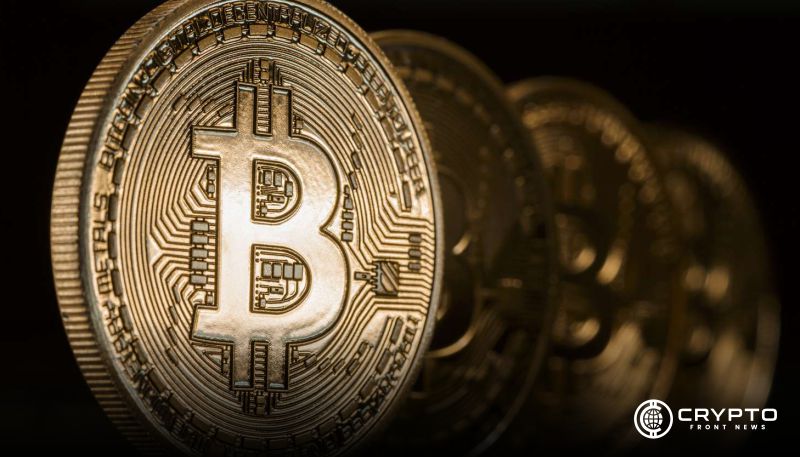- HB2324 aims to create a Bitcoin and Digital Assets Reserve Fund for seized assets.
- The Senate revived the bill with a 16–14 vote; House approval remains uncertain.
- The bill proposes updated custodial standards and asset distribution protocols.
The Senate of Arizona did reintroduce House Bill 2324 that suggests the authorization of the Bitcoin and Digital Assets Reserve Fund operating under the state government. The bill had died in the House, but the Senate voted 16 to 14 to reconsider the bill, and it re-emerged as a bill that can be worked on in the House. The lawmakers voted down the line of which party supported the motion, with one Republican senator voting no.
HB2324 was first proposed in February, appeared before the Senate in May and became stagnant before it reached the governor. To pass the bill, it is now required to pass with a majority vote of the 60-member Arizona House. In case of its enactment, the law would then be transmitted to the Governor, Katie Hobbs. But the uncertainty is displayed by the fact that this is the third time the governor has vetoed the bills that resembled each other in nature.
Objectives and Structure of the Reserve Fund
The proposed law would authorize the creation of a reserve fund dedicated to managing digital assets seized through criminal proceedings. This would allow Arizona to store, liquidate, or hold cryptocurrencies based on security and market conditions. The bill offers three custody options: storing assets in state-approved digital wallets, selling them via licensed crypto exchanges, or retaining them in their native form.
Revenue distribution from these seized assets follows a structured plan. The first \$300,000 would go to the Attorney General’s Office. Any additional funds would be split—50% to the Attorney General, 25% to the state’s general fund, and 25% to the new reserve fund.
Regulatory Updates and Governor’s Stance
HB2324 also aims to revise Arizona’s existing forfeiture laws to formally recognize digital assets. The bill sets updated custodial protocols, including the use of blockchain access controls and licensed third-party custodians.
The future of the bill though it has passed the senate, is uncertain. During the month of May 2023, Governor Katie Hobbs vetoed corresponding bills, SB 1373, SB 1024. Among the reasons she cited, she said the volatility of the cryptocurrency and such risk against general fund dollars must be the main ones.
The revival of HB2324 comes as other nations, such as Ukraine and Pakistan, consider adopting Bitcoin reserves. The activities of Arizona also indicate an increase in the number of states interested in adjusting their financial policies to the reality of digital assets.
The issue on HB2324 will depend on the next vote in the House that will lead to the next passage or another delay on the bill in the legislative system.






